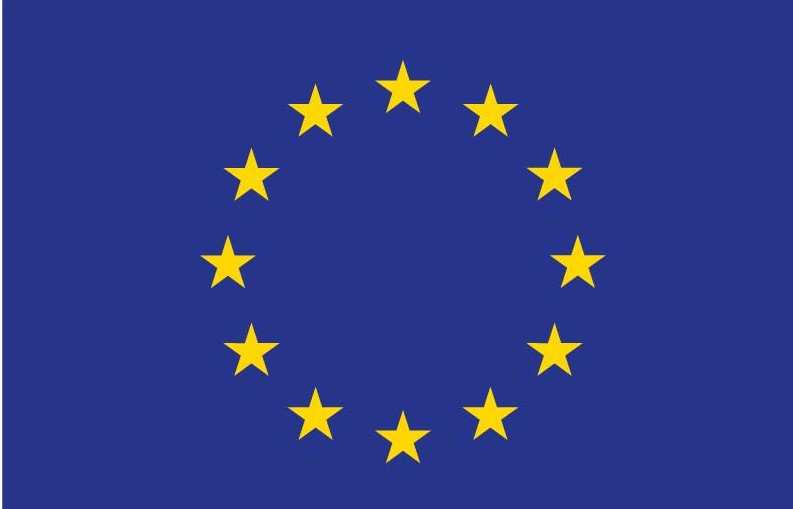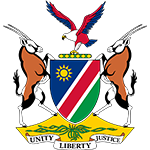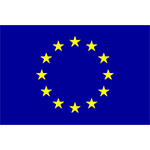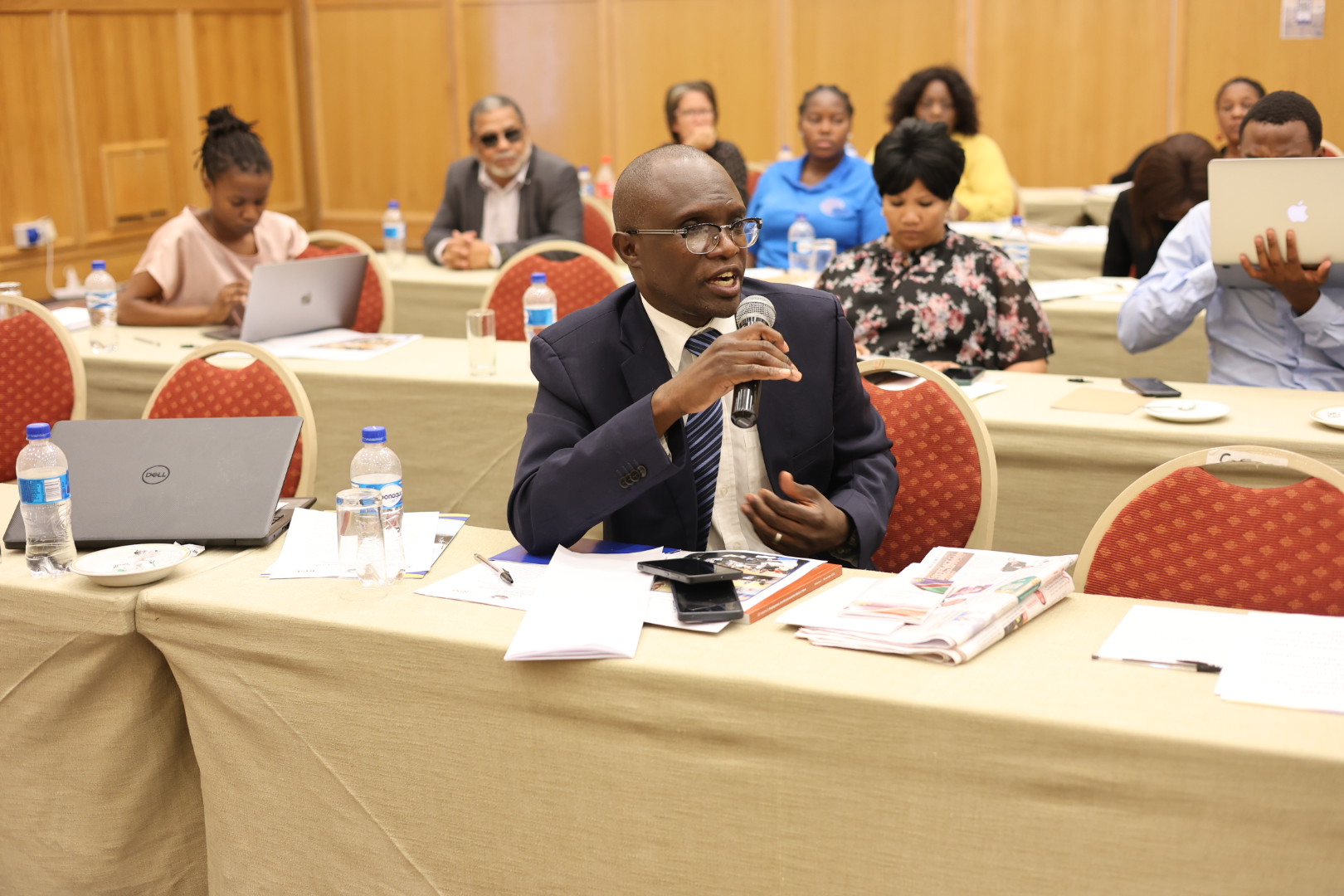
We believe that a peaceful parliamentary democracy needs inclusive participation and constructive dialogue
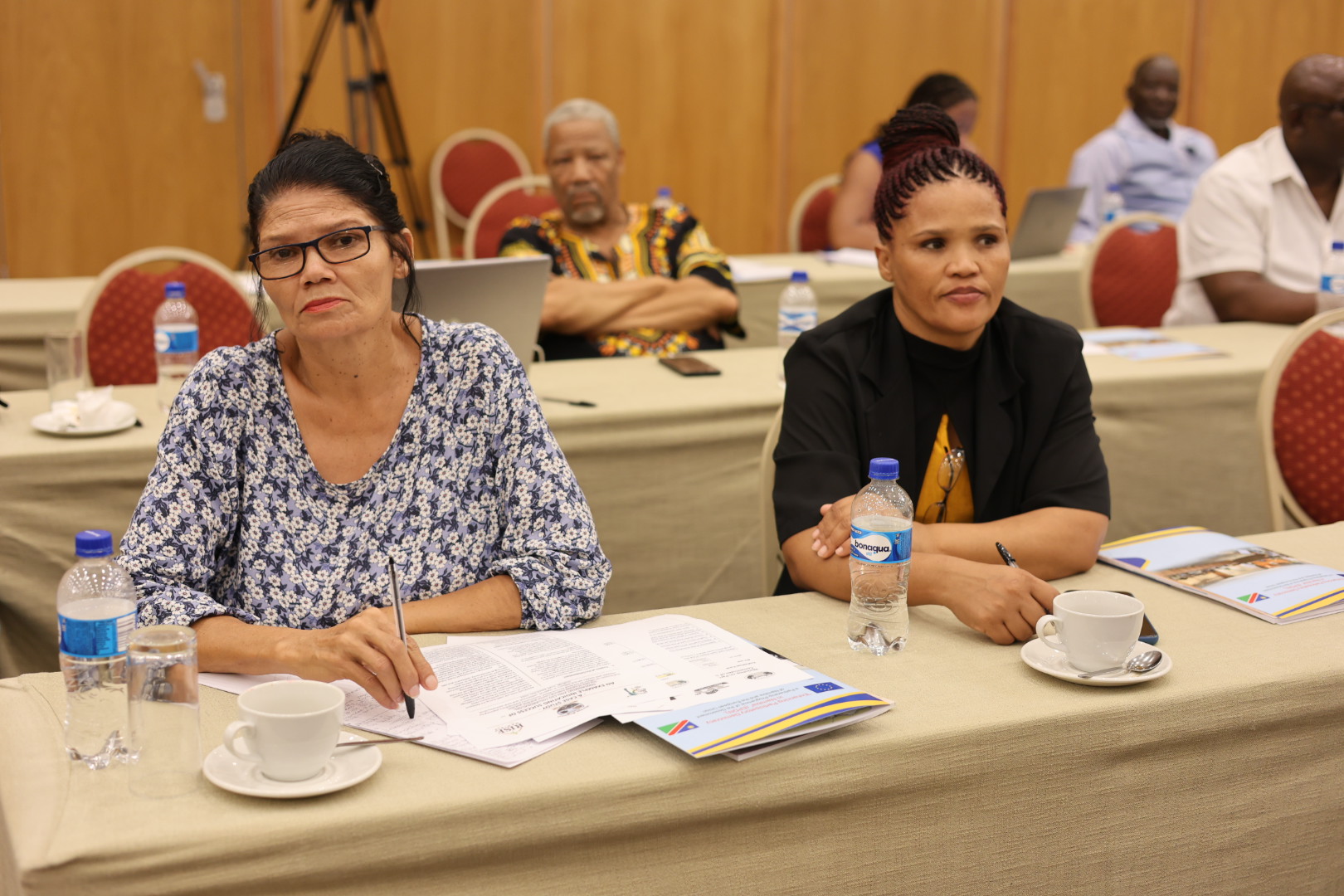
Goal 16 Sustainable Development Goals
Promote peaceful and inclusive societies for sustainable development, provide access to justice for all and build effective, accountable and inclusive institutions at all levels.
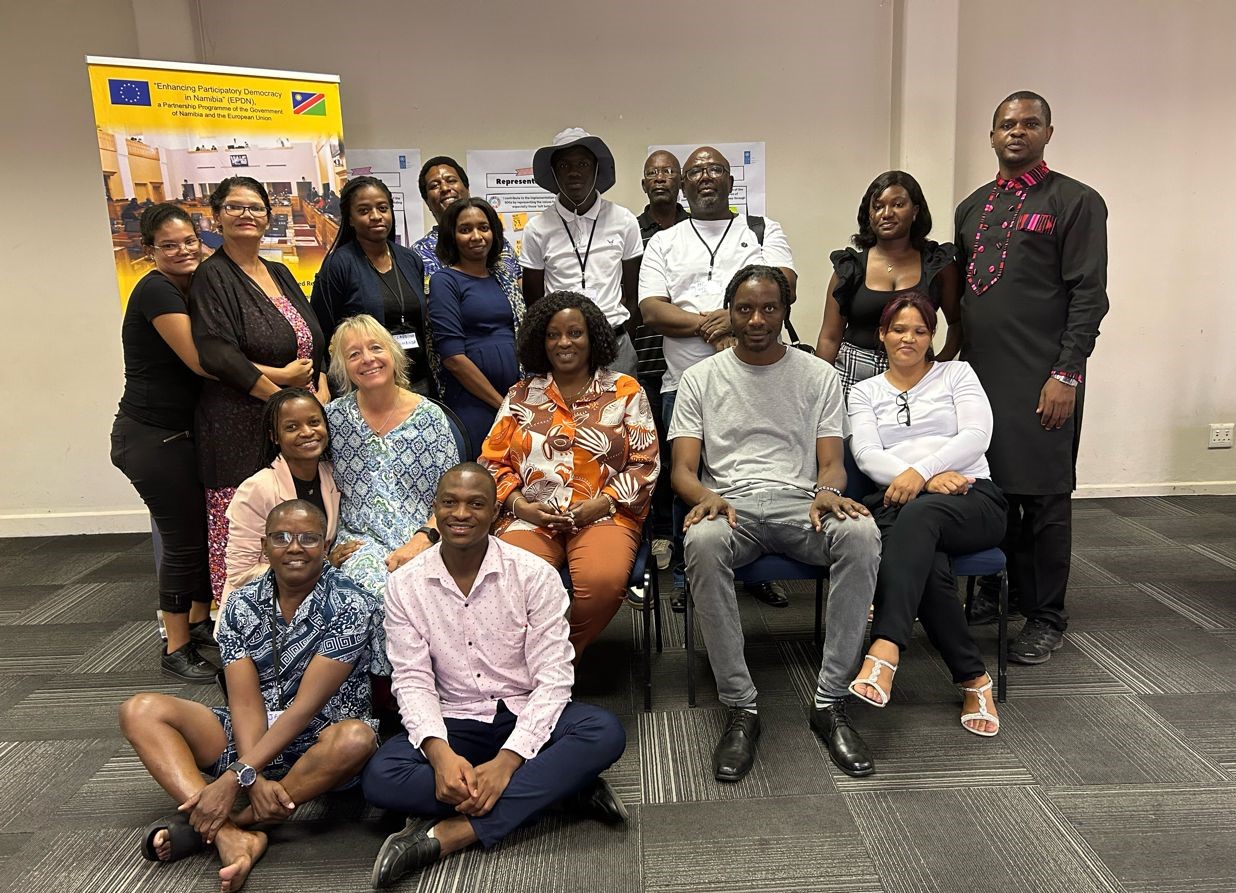
People need to be able to have a say and be heard by their representatives in Parliament, their civil servants in the Ministries and State Agencies. CSOs are a good means to this end. No one must be left behind. Nothing for the people without the people
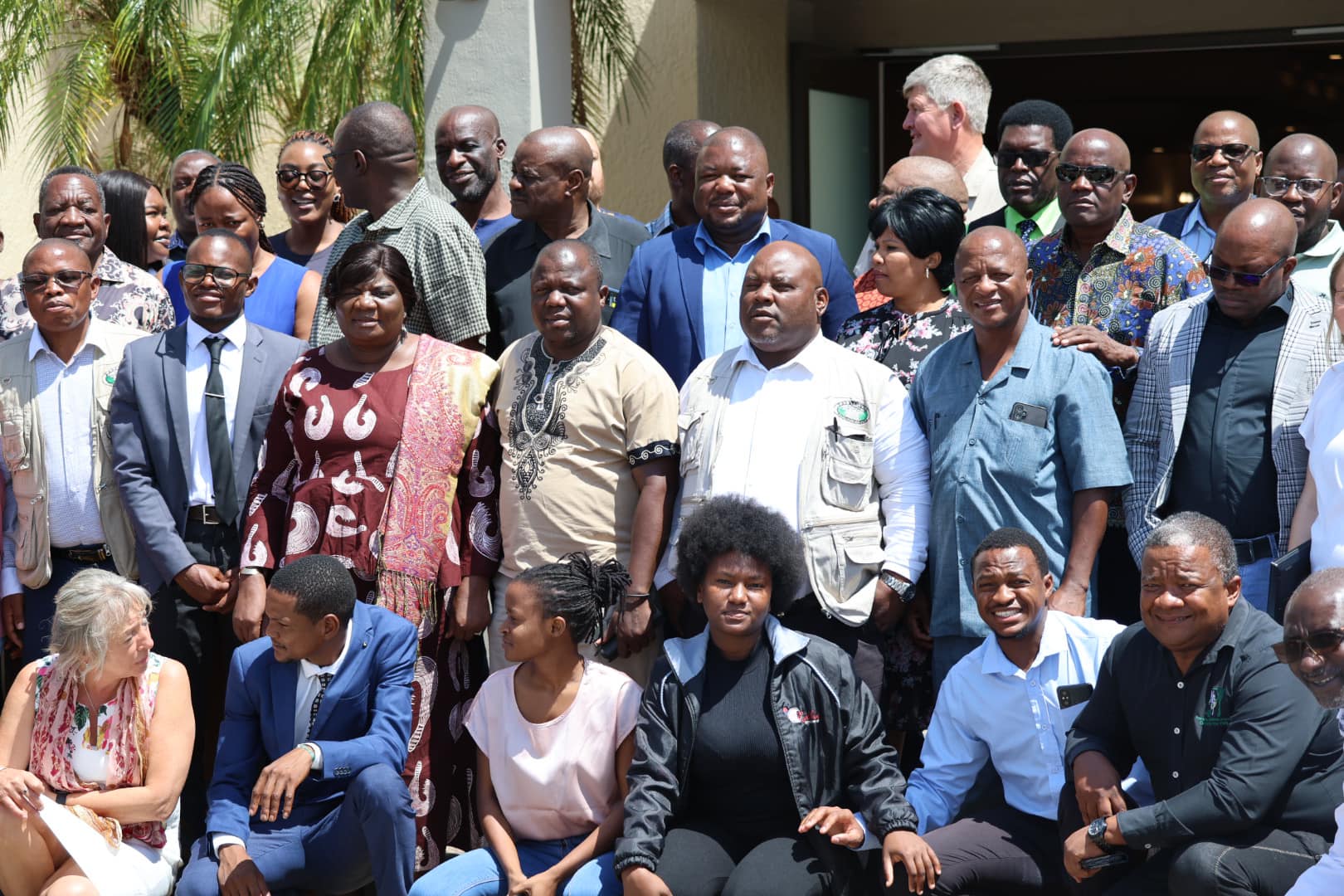
People need to be able to have a say and be heard by their representatives in Parliament, their civil servants in the Ministries and State Agencies. CSOs are a good means to this end. No one must be left behind. Nothing for the people without the people
People need to be able to have a say and be heard by their representatives in Parliament, their civil servants in the Ministries and State Agencies. CSOs are a good means to this end. No one must be left behind. Nothing for the people without the people
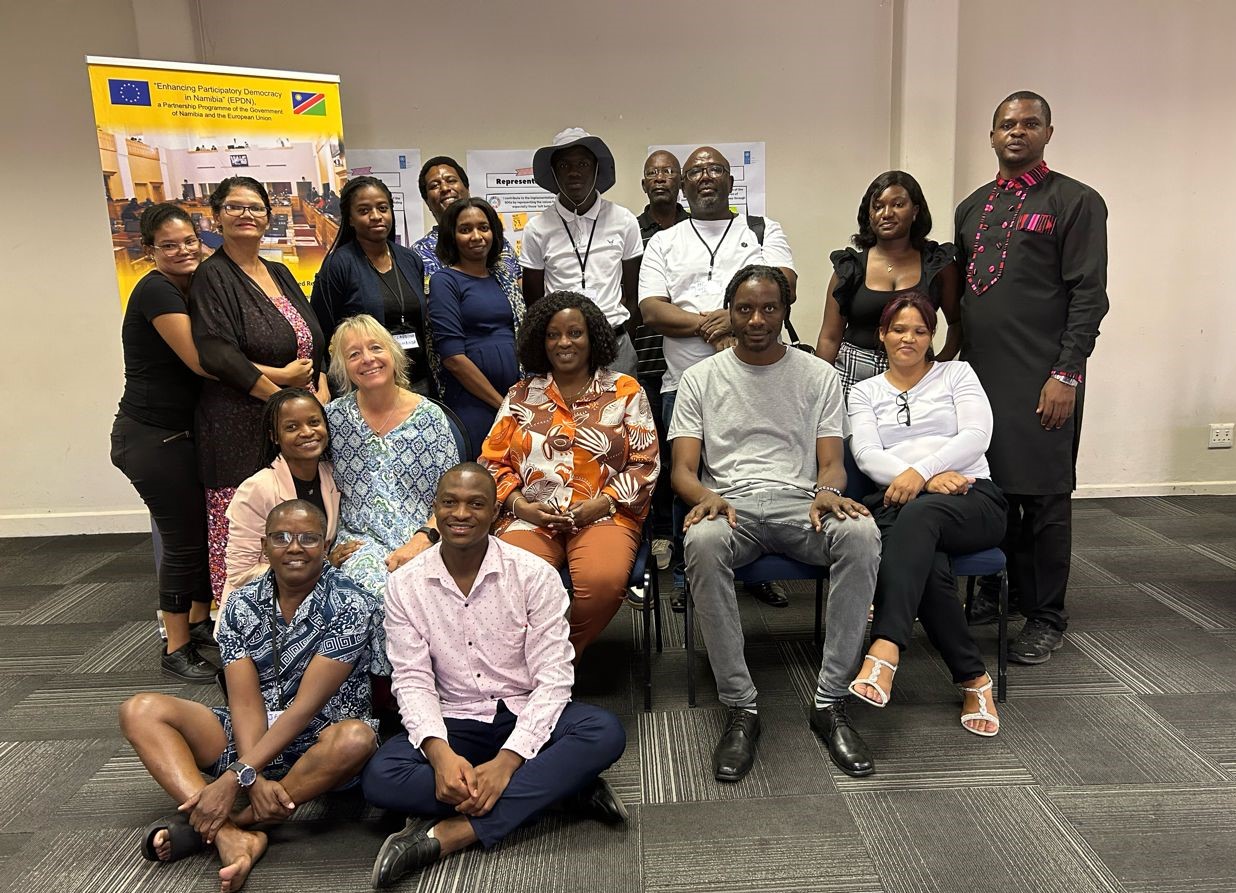
People need to be able to have a say and be heard by their representatives in Parliament, their civil servants in the Ministries and State Agencies. CSOs are a good means to this end. No one must be left behind. Nothing for the people without the people
People need to be able to have a say and be heard by their representatives in Parliament, their civil servants in the Ministries and State Agencies. CSOs are a good means to this end. No one must be left behind. Nothing for the people without the people
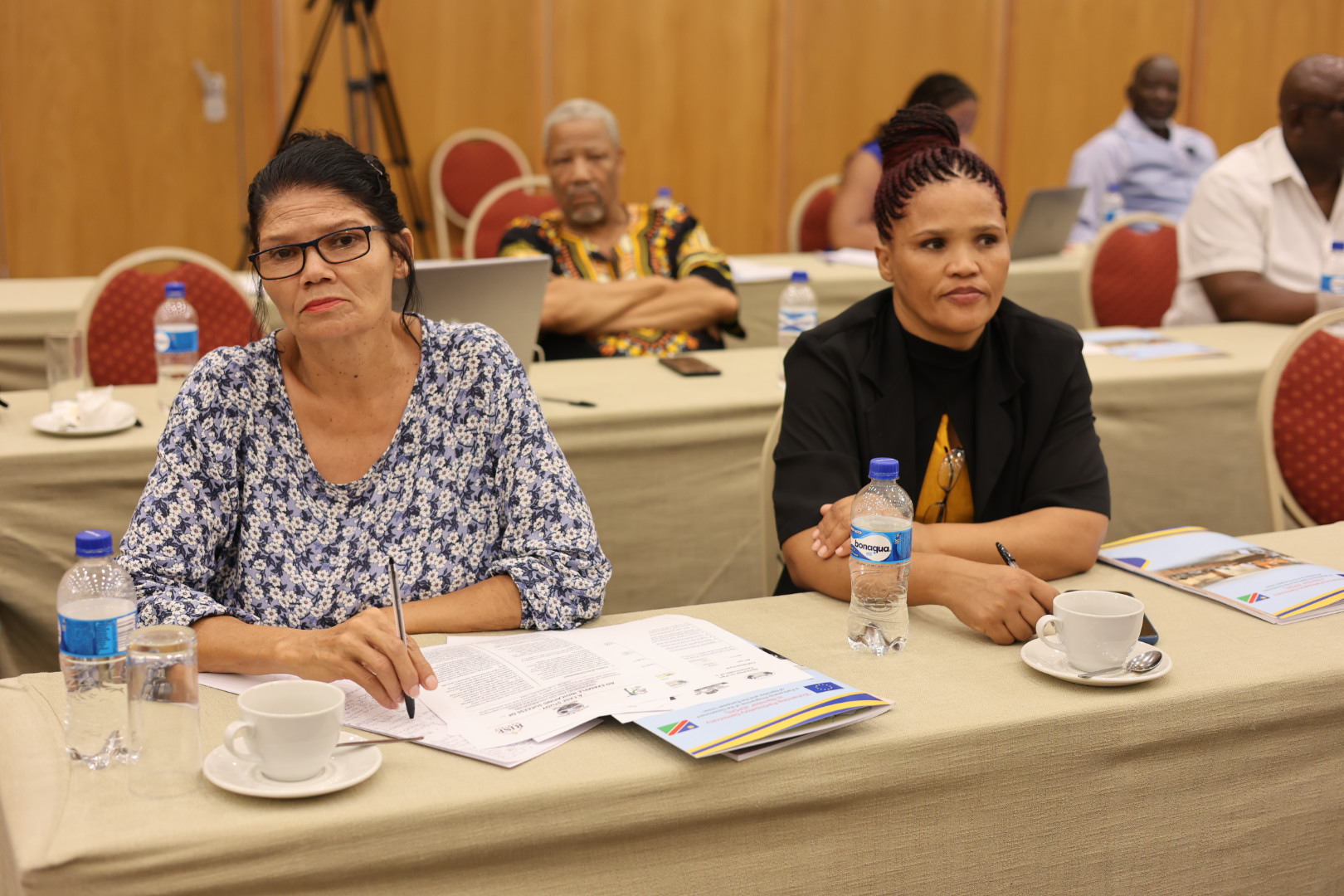
People need to be able to have a say and be heard by their representatives in Parliament, their civil servants in the Ministries and State Agencies. CSOs are a good means to this end. No one must be left behind. Nothing for the people without the people
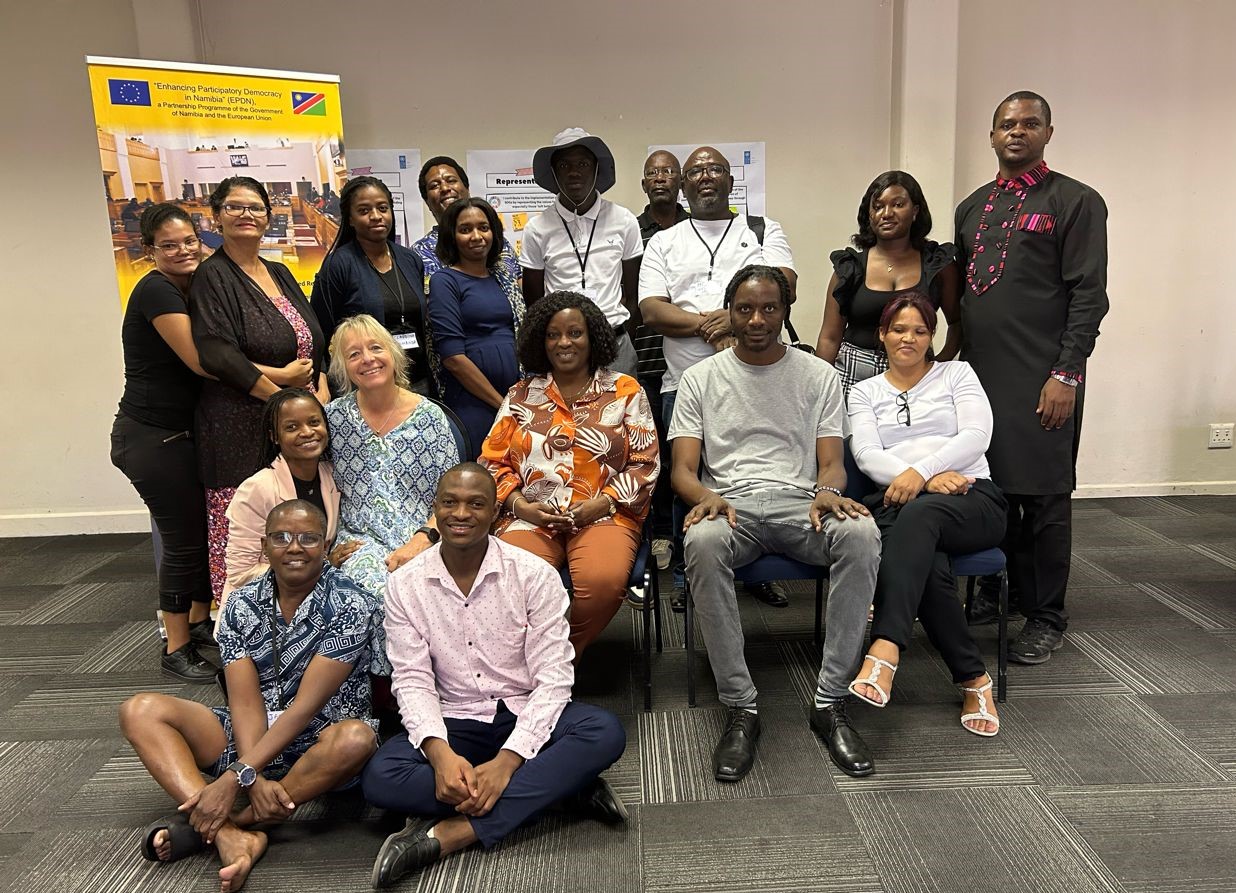
People need to be able to have a say and be heard by their representatives in Parliament, their civil servants in the Ministries and State Agencies. CSOs are a good means to this end. No one must be left behind. Nothing for the people without the people
OUR BEGINNING
The ‘Enhancing Participatory Democracy in Namibia’ (EPDN) Programme
The ‘Enhancing Participatory Democracy in Namibia’ (EPDN) Programme is implemented in the framework of development cooperation between the Government of the Republic of Namibia and the Delegation of the European Union to Namibia. Financed under the 11thEuropean Development Fund (EDF).
The Programme is based on recognition of the need to strengthen governance institutions and practices for enhancing citizen’s participation, with a focus on oversight of policy and programme implementation.
The Programme duration is from n July 2020 to June 2025. Due to Covid-19 pandemic related restrictions, the actual operation of the Programme started in November 2020.
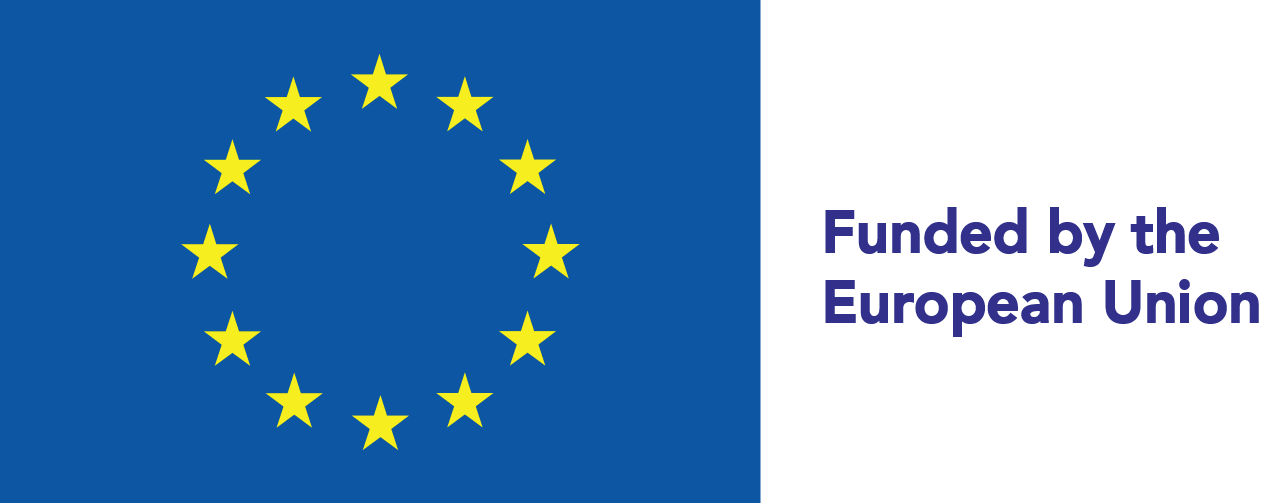
This Technical assistance project is funded by the European Union. The content of the website are the sole responsibility of EPDN and does not necessarily reflect the views of the European Union.

Key Stakeholders
The National Planning Commission is the main Client of the Programme, acting on behalf of the Government of the Republic of Namibia. The key target groups and beneficiaries of the Programme are the Parliament (both the National Assembly and the National Council) and the diverse Civil Society Organisations in Namibia. A Programme Manager at the Parliament coordinates the technical implementation of the Programme. The Ministry of Education Arts and Culture as well as the Ministry of Urban and Rural Development are also members of the Project Steering committee. Beyond financing, the European Union Delegation to Namibia acts as a key partner to the Programme.

Overall Objective
To strengthen collaboration ̀ and coordination between Parliament, Civil Society Organisations and ̀ Government bodies in the implementation and oversight of public policies and programmes
Programme Context
- The need to include the wider Namibian society to tackle socio- economic challenges and development priorities in Namibia
- The need to strengthen governance institutions and practices for enhancing citizens’ participation, with a focus on policy oversight of parliament and people centered implementation of government’s policies and programmes
- The need to facilitate participation and partnerships among stakeholders to ensure buy-in and commitment to national development


OUR COMMITMENT
Objectives and expected results
The objective of the Programme is to contribute to national development goals, through the strengthening of collaboration and coordination between Parliament, Civil Society Organisations and other Government bodies in the implementation and oversight of public policies and programmes, thereby enhancing participatory democracy in Namibia.
Three distinct but interlinked results are expected to be achieved by the Programme:

1
Civil Society Organisations and Parliament have increased capacity to collaborate and coordinate in the oversight of public policies and programmes;

2
Civil Society Organisations and Government have increased capacity to collaborate and coordinate in the implementation of Government’s public policies and programmes, in particular, but not restricted to, the sectors of education and skills and rural development

3
Awareness among key stakeholders and the general public about this project and overall programme ‘Enhancing Participatory Democracy in Namibia’ is strengthened.

The Namibian Parliament, in partnership with the EU-funded Enhancing Participatory Democracy in Namibia (EPDN) Programme is seeking to increase public engagement and participation of civil society and the general public in the work of Parliament.
OUR PARTNERS
© Copyright EPDN
